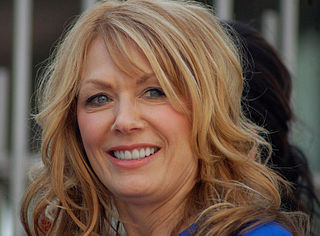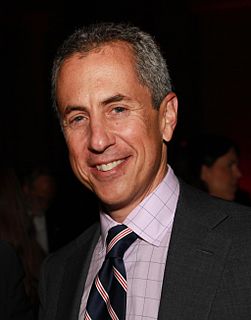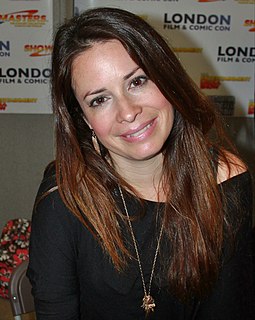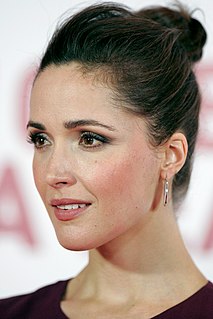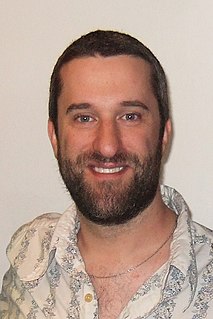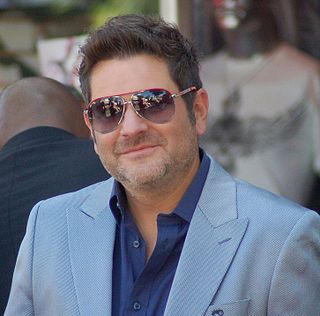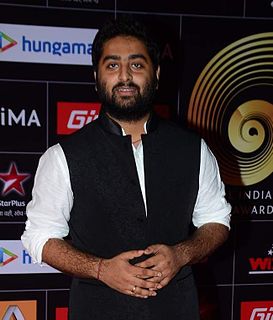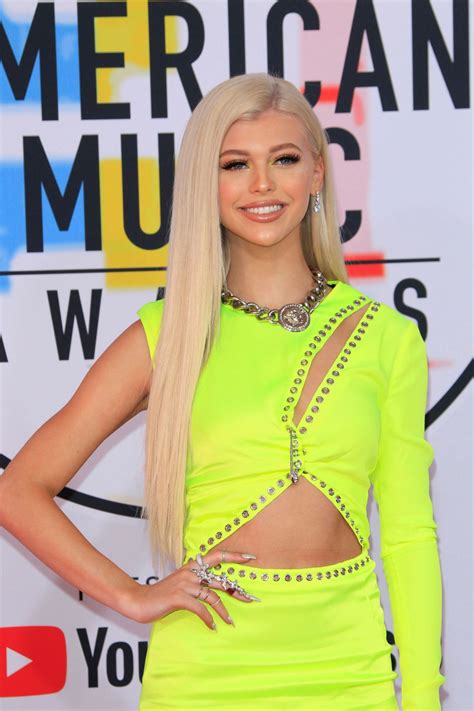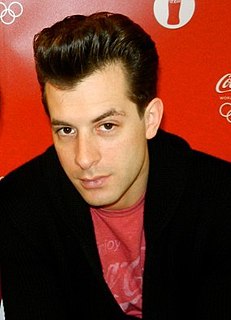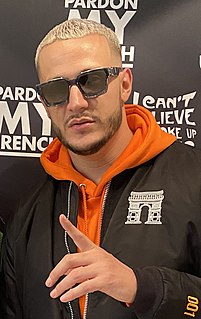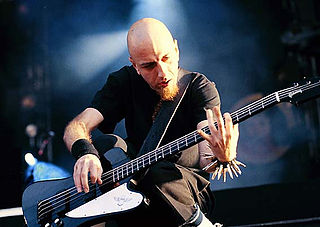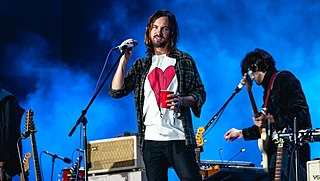A Quote by Nancy Wilson
In the case of Roadcase Royale, everyone in the band has a lot to offer as a writer and producer.
Related Quotes
I do not want and will not take a royalty on any record I record. I think paying a royalty to a producer or engineer is ethically indefensible. The band write the songs. The band play the music. It's the band's fans who buy the records. The band is responsible for whether it's a great record or a horrible record. Royalties belong to the band. I would like to be paid like a plumber. I do the job and you pay me what it's worth.
A lot of people still don't realize that, before Rascal Flatts, I was in a Christian band for four or five years, and I had the opportunity to work with some of the greatest pop musicians and producers in L.A. I learned a lot from Peter Wolf; he was one of my heroes growing up in the '80s. He was a producer of a lot legendary pop music.
